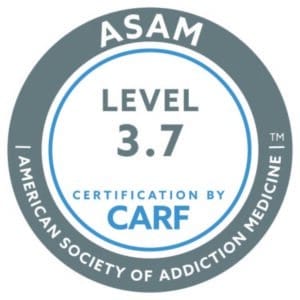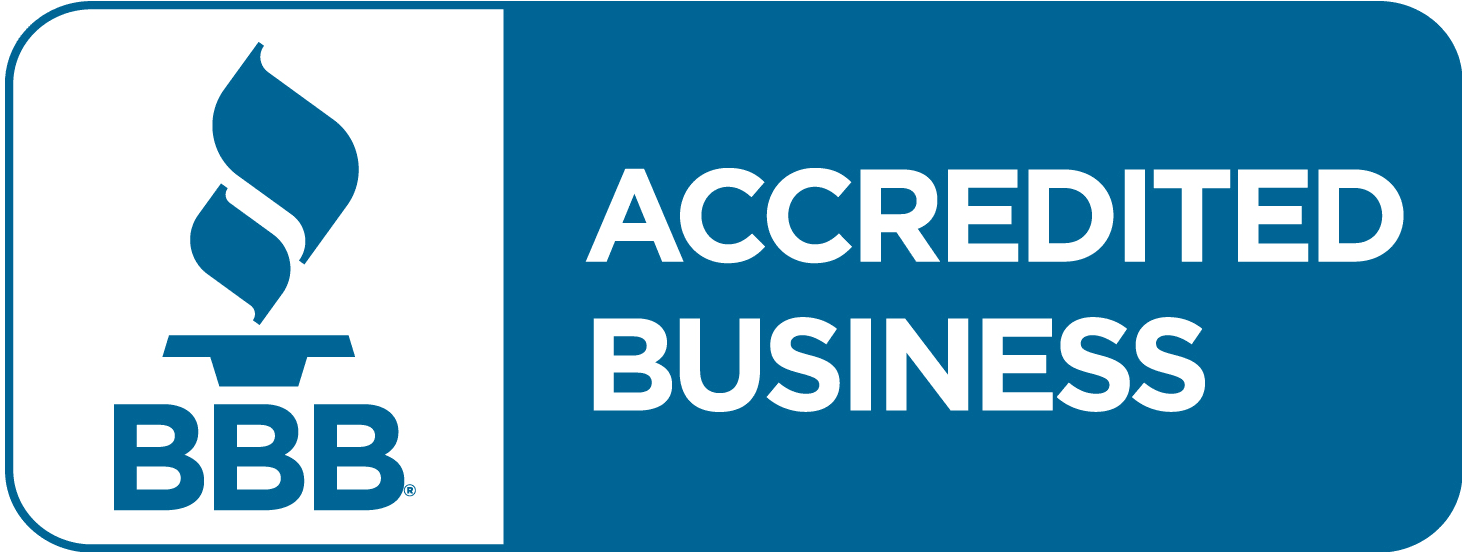When you’re struggling with an addiction to alcohol, or perhaps you’re trying to help a loved one who is, it’s overwhelming to know where to start. You may know help is available, but you have questions, for example, “How long is an alcohol rehab program?” or “What happens at Alcoholics Anonymous meetings once you leave rehab?”
There aren’t always specific answers for many questions because it depends on their individualized treatment options and facility. Below, we’ll give a little more insight into what you might expect in the process and what to know about our Orange County inpatient treatment facility, Opus Health.
Alcohol Addiction
So many people drink to celebrate, cope with stress, or because it’s part of their culture and how they connect with friends and family. For most people, moderate drinking isn’t a big problem, but what happens when it is?
- There are problem drinkers, and then there are people with alcohol addiction, also known as having alcoholism or an alcohol use disorder.
- When you have an alcohol use disorder, you aren’t controlling when you stop drinking or how much you drink, regardless of the consequences.
- Relationships might end, or you could find yourself facing problems in your career or financially because of your alcohol addiction, yet you continue.
- Addiction is a chronic disease. While it can vary in severity, alcohol has affected your brain in such a way as to activate your reward cycle.
- When there’s an activation of your reward cycle, you compulsively continue to use alcohol as a result.
- There’s not one particular factor or genetic element we can point to at this time and say that it’s what determines whether you develop an alcohol addiction.
- For most people, there are a complex set of factors which may be biological, psychological, and environmental. For example, co-occurring disorders like anxiety or depression or some other type of mental health issue can contribute to drug addiction or substance abuse issues.
Alcoholism is progressive, and what starts as a mild alcohol use disorder can become severe over time if you don’t get enrolled in an alcohol addiction recovery program.
Symptoms of Alcoholism
While they can vary depending on the severity of your alcohol abuse and you as a person, some of the symptoms of alcohol addiction can include:
- Frequently drinking more than you intend or drinking more often
- Trying unsuccessfully to stop or cut down on how much you drink
- Developing a high alcohol tolerance and needing more to get the same desired effects
- Drinking at inappropriate times, like in the morning
- Avoiding situations where you might not be able to drink
- Adverse impact on relationships because of drinking
- Withdrawing from people or things you once enjoyed
- Hiding your alcohol use
- Mental health symptoms like increased anxiety
- Loss of your job or problems at school due to drinking
What Are the Treatments for Alcoholism?
Treating alcoholism, or any addiction is complex, and if you’re going to have a long-term recovery you need to have the desire to stay sober when you go to a rehab center. Your desire to get better is what’s ultimately going to drive you forward, no matter which addiction treatment centers you choose.
Most experts take the perspective that alcoholism is a chronic disorder, meaning there’s not a cure. Instead, you can manage the symptoms day-to-day. Your recovery is considered remission in regular disease terms according to national institutes.
- Rehab and, in particular, inpatient rehab facilities are the most effective way for most people to recover from alcohol addiction. Rehab programs often begin with a supervised detox to help manage withdrawal symptoms. From there, you might participate in individual therapy sessions and group therapy.
- Gradually you’ll move on to lower levels of care, which may include an outpatient program at some point.
- A good inpatient rehab program will rely on evidence-based treatments, including dual diagnosis for underlying mental health disorders.
- Support groups like Alcoholics Anonymous are another option. For most people, it’s best to perhaps begin the steps of a 12-Step program in a formalized treatment program and then continue to AA meetings with other AA members when you return home.
- Based on what happens at Alcoholics Anonymous meetings, it’s not necessarily a substitute for treatment that includes medical and behavioral health care. Instead, for many people, participation in a support group or 12-Step meetings give them a way to maintain their recovery throughout their lifetime.
- Counseling and lifestyle changes can help people with an addiction to alcohol too, but again, they’re best when they’re part of a comprehensive rehab program.
How Long Is an Alcohol Rehab Program?
This all brings us back to our original question—how long is an alcohol rehab program?
There’s not a single answer that’s true for everyone who goes into treatment, and many factors that play a role in the length of a treatment program include:
- Whether you’ve gone to treatment before
- The severity of your alcohol use disorder
- If you have other addictions or co-occurring mental health disorders
- Any medical problems you may have
Most people with substance use disorders need at least three months of residential treatment and behavioral therapy, beginning with detoxification. During that three months, you get sober and build a plan for when you leave rehab.
- Research shows the best treatment outcomes occur with more extended programs. It can seem intimidating to do a more comprehensive treatment program, but in the end, it’s often worth it.
- Along with 30-day programs, which are considered relatively short-term, there are 60 and 90-day programs. As we said, a 90-day program seems to be the minimum for many people.
- There are also long-term programs, including halfway houses and sober living.
- While more extended programs are beneficial, that doesn’t mean a short program such as 30 days wouldn’t be helpful.
- You can accomplish a lot in that time. For example, you can gain insight into whether or not it would be a good idea to continue the program for longer.
- You’ll also have time to make it through some of the more severe alcohol withdrawal symptoms and begin to learn relapse strategies.
- During a 60-day program, you’d have time for more in-depth therapy and counseling sessions. These might include individual counseling, and family counseling as well as group programs. You’ll also have the chance to not just detox but also begin practicing more healthy habits that you can bring home with you.
- Ninety-day long-term treatment programs let you delve into what life without drugs or alcohol might look like. You can identify triggers and start to understand more of the whys behind your addiction and receive treatment for behavioral health conditions while learning life skills.
While we talk a lot about residential facilities and intensive treatment like partial hospitalization program options, there are other ways to get treatment at the intensive level. For example, there’s intensive outpatient treatment available as part of drug rehab programs.

Alcohol Rehab Orange County, Opus Health
Alcohol dependence and addiction are highly individualized, and a treatment program needs to be as well. Your needs aren’t going to be like anyone else’s, but we can work to create a treatment plan that addresses you as a whole person.
Rather than focusing on how long an alcohol rehab or residential treatment program might be, a better way to approach the situation is to learn more. We encourage you to call 855-953-1345 and contact Opus Health, our alcohol rehab in Orange County. We can learn more about your situation and answer questions you might have about treatment. We can also work with your insurance plan provider and insurance companies on the cost of treatment.












